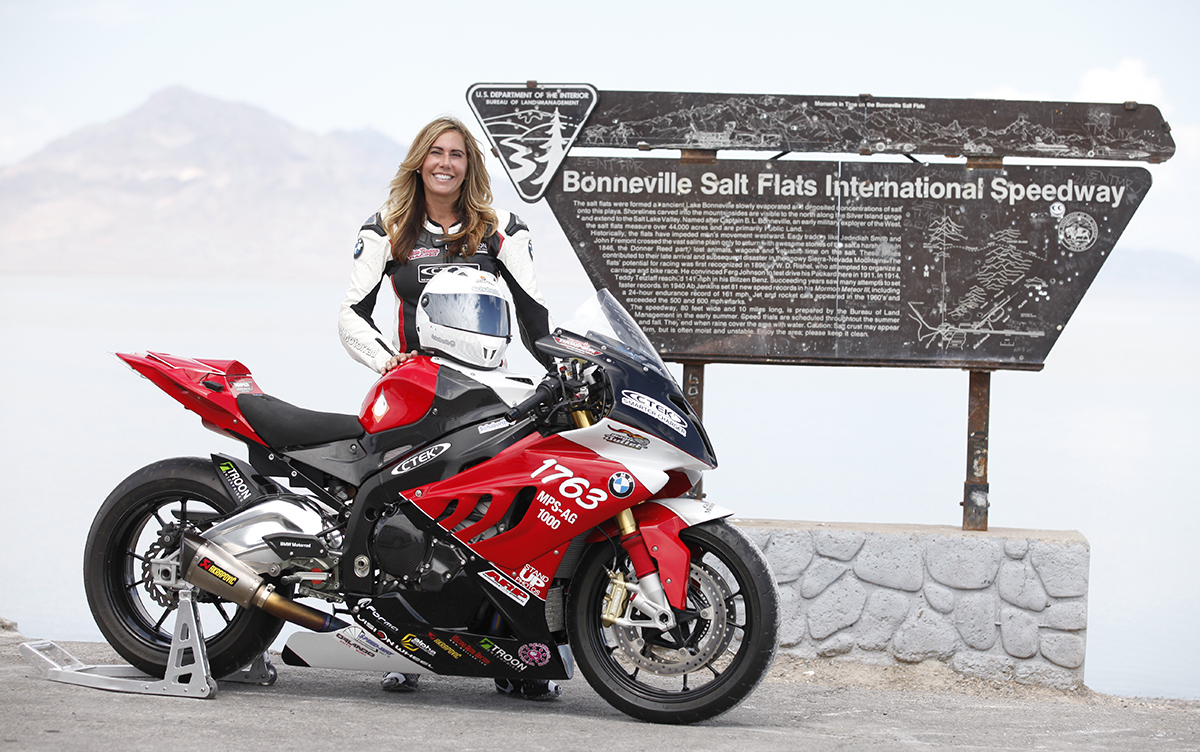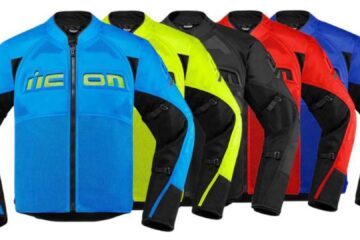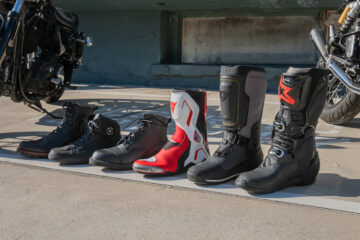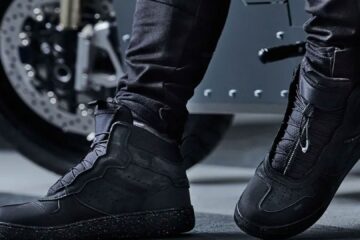Motorcycle road racing has long been perceived as a male-dominated sport, but women are making significant strides and leaving their mark on the track. From pioneering female racers to modern-day trailblazers, women in motorcycle road racing are breaking barriers, challenging stereotypes, and proving that skill and determination know no gender.
In this blog, we’ll highlight the remarkable achievements of female road racers, explore the challenges they face, and celebrate their contributions to the sport.
The Early Trailblazers
Women have been involved in motorcycle racing since its early days, though their presence has often been overshadowed by their male counterparts. Despite facing numerous obstacles, these early trailblazers set the stage for future generations of female racers.
**1. Early Pioneers

Women in Motorcycle Road Racing: Breaking Barriers
- Elsie Milne: One of the earliest female motorcycle racers, Elsie Milne competed in the 1920s and made a name for herself with impressive performances.
- Beryl Swain: In 1962, Beryl Swain became the first woman to compete in the Isle of Man TT races, challenging the norms of her time and paving the way for future female racers.
**2. Challenges Faced
- Gender Bias: Early female racers faced significant gender bias and limited opportunities, often being excluded from major events and competitions.
- Lack of Support: Access to funding, training facilities, and sponsorships were limited for women, making it challenging to compete at the highest levels.
Modern-Day Trailblazers
Today, women in motorcycle road racing are achieving remarkable success and gaining recognition on a global scale. These modern-day trailblazers are challenging stereotypes and proving their prowess on the track.
**3. Notable Female Racers
- Ana Carrasco: A Spanish racer who made history by becoming the first female to win a World Supersport 300 championship in 2018. Her success has inspired many young women to pursue racing.
- Maria Herrera: The first female rider to compete in the Moto3 World Championship, Maria Herrera has made a significant impact in the male-dominated world of Grand Prix racing.
**4. Impact and Influence
- Breaking Records: Female racers are setting new records and achieving top finishes in prestigious races, demonstrating that they are capable of competing at the highest levels.
- Inspiring Future Generations: By succeeding in a challenging sport, these women inspire young girls and women to pursue their dreams and challenge societal norms.
Challenges and Barriers
Despite the progress made, female road racers continue to face unique challenges and barriers in the sport.
**5. Gender Inequality
- Opportunities: Women often have fewer opportunities and face greater difficulties in securing sponsorships, team placements, and race entries compared to their male counterparts.
- Representation: The lack of female representation in leadership roles within racing teams and organizations can limit the support and visibility for aspiring female racers.
**6. Social Stereotypes
- Bias and Perception: Female racers frequently encounter biases and stereotypes that question their abilities and commitment to the sport.
- Support Systems: Building strong support networks and finding mentors can be more challenging for women, impacting their development and progression in the sport.
Support and Growth
The growth of women in motorcycle road racing is supported by various initiatives and organizations dedicated to fostering female talent and promoting gender equality in the sport.
**7. Initiatives and Organizations
- Women’s Racing Programs: Programs and academies focused on nurturing female talent are providing opportunities for women to train and compete at higher levels.
- Support Networks: Organizations and groups advocating for women in motorsport are working to create more inclusive environments and raise awareness about gender equality.
**8. Community and Advocacy
- Role Models: Successful female racers serve as role models and advocates for gender equality, helping to change perceptions and inspire future generations.
- Events and Campaigns: Events and campaigns highlighting the achievements of female racers contribute to greater visibility and recognition for women in the sport.
Looking Ahead: The Future of Women in Road Racing
The future of women in motorcycle road racing looks promising as more female racers continue to break records, challenge stereotypes, and inspire others. As the sport evolves, it is crucial to support and encourage female talent, ensuring that opportunities and recognition are available to all regardless of gender.
**9. Encouraging Participation
- Grassroots Initiatives: Encouraging young girls to participate in motorcycle racing through grassroots programs and youth competitions helps build a strong foundation for future talent.
- Education and Training: Providing access to education, training, and mentorship opportunities can help female racers develop their skills and advance in their careers.
**10. Promoting Equality
- Creating Opportunities: Increasing opportunities for women in racing, from grassroots to professional levels, is essential for achieving gender equality in the sport.
- Supporting Diversity: Embracing diversity and promoting inclusive practices within racing teams and organizations can help create a more equitable environment for all racers.
Conclusion
Women in motorcycle road racing are breaking barriers and shattering stereotypes, proving that passion, skill, and determination transcend gender. From early pioneers to modern-day trailblazers, female racers are making significant contributions to the sport and inspiring future generations. By continuing to support and promote gender equality, the motorcycle racing community can ensure that all racers, regardless of gender, have the opportunity to excel and achieve their dreams.


